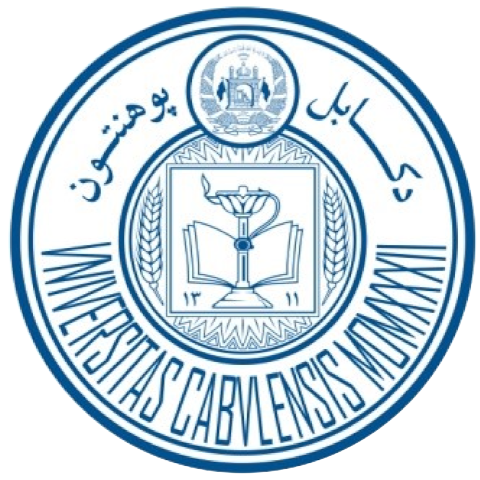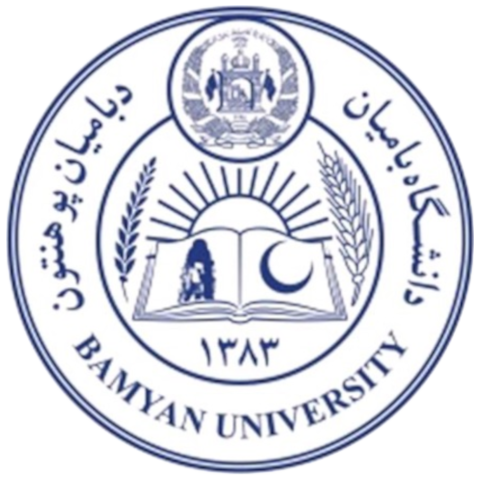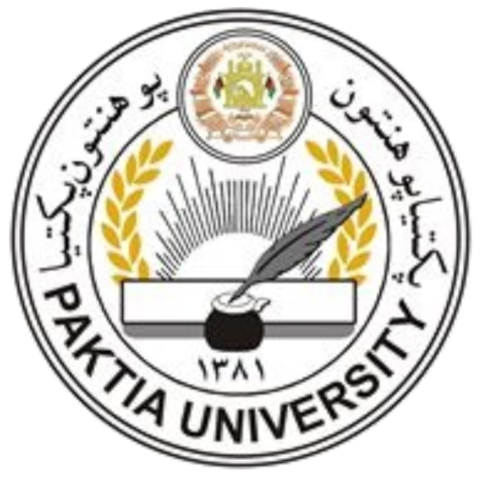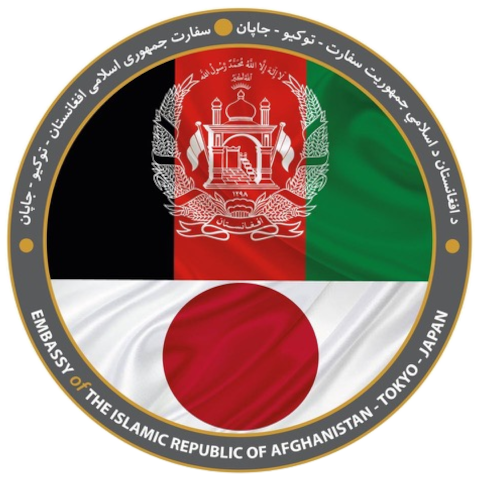Introduction
Maintaining life, lives and livelihoods in harsh and arid conditions has been a part of Afghan culture for millennia—captured in indelible images of fruit orchards and flourishing green oasis amidst stark, dry plains and valleys. These legacies, of a resilient agricultural society where the wonders of the Kariz (Qanat) water system allowed cultivation even in the severest drought, are now being challenged by decades of war, poverty, insecurity, overpopulation, ecological degradation, and the speed with which climate change is altering the natural environment— increasingly undermining conditions that once sustained inhabitants of these ancient lands.
The picture is far from all bleak, however. Superb advances in plant sciences have helped many countries contain, and sometimes even reverse, similar threats to plant life, in particular in the face of the looming climate crisis. But the often under-appreciated, central loci of most such research are botanical gardens—no longer merely as hubs of aesthetic beauty or luxury but as indispensable and hard-core guardians and reservoirs of knowledge, know-how and experimentation, vital to the survival and adaptation of plant life. Many countries, regions and cities around the world however do not have a single functional botanical garden. Afghanistan is one of them.
The Afghan Fellowship Legacy Projects (AFLP), as well as the EDEN Seminars team and their partners in Japan and beyond now aim to address this fundamental lacunae through a botanical gardens network initiative in Afghanistan. Spearheaded by former UNITAR Fellowship participants, thus far three universities (Bamyan University, Kabul University and Paktia University), each representing different ecosystems and distinct habitat, have expressed interest to start the pioneering work — designing and consolidating plans throughout 2020, for implementation from early 2021 onward. Thereafter it is hoped the initiative can extend, adapt and be used as a blueprint for other cities in Afghanistan and further, along the Silk Road. The vision is resolutely not that of a single object but of a network of botanical gardens dedicated, as a matter of priority and in the main, to research of plants relevant to food, medicine and ecological restoration. These botanical gardens must be resilient, low-cost and easy to maintain in the most constrained of circumstances. They must be built with local material, yet allow for the practice of first-class scientific work, experimentation and conservation. They must be sustainable over decades, even centuries.
Structure
AFLP’s Initiative for Botanical Gardens Network (BG-Net) has its main hubs in Afghanistan and Japan, but it will be multi-partner and multidisciplinary, composed of a network of professionals and institutions from around the world to help their Afghan counterparts. Current institutional partners, in addition to UNITAR and EDEN Seminars/Shizenkan University are the San Diego Botanic Garden, Botanic Gardens Conservation International (BGCI), the Denver Botanic Gardens and the Afghan Embassy in Japan [1]. AFLP BGNet aims to create a common platform for educators and researchers, botanists, architects and landscape designers, medical and agricultural experts, policy-makers and development practitioners. A key emphasis will be to support universities as the long-term sustainable hubs for said botanical gardens.
During the EDEN Seminar on January 31, 2020, hosted by Shizenkan University in Tokyo, the contours of this initiative were presented and discussed by various partners. A follow-up AFLP/EDEN webinar was held in May 2020, bringing together the BG-Net core teams, to identify priorities, possibilities and methodologies.
The idea of a botanical gardens network had been maturing for years. Since 2011, the Green Legacy Hiroshima (GLH) campaign has been spreading the seeds and saplings of trees that survived the atomic bombing of Hiroshima on August 6, 1945. Now in some 37 countries and working for the most part with botanical gardens and universities, GLH shares the seeds and saplings of A-bomb trees with potential partners who pass the screening process and can commit to the long-term care of the saplings and their message of peace. Afghanistan was one of the first countries to receive seeds and saplings from GLH. However the absence of a functioning botanical garden, or a network of botanical gardens, dedicated to nurturing, studying, experimenting with and recording plant life stymied the best of efforts. Thus the pressing need to address this lacunae. Thanks to the AF network, local know-how and support, including through dedicated government officials and universities, can be forthcoming. The initiative can build on the experiences of and support of this and other GLH alumni networks, architects and botanists in Afghanistan, Japan and other countries/territories.
[1] Two world renowned conservationists, Professor Peter Raven and Professor Stuart Pimm, both winners of the Cosmos Prize, are also part of BGNet’s advisory network, here.
Expected Outcomes
Over the next five years the AFLP and the EDEN Seminars, along with their many partners in Afghanistan and beyond, hope to bring forth ideas, rally best practices, and facilitate the work of Afghan colleagues in improving the resilience of Afghan settlements to counter nature’s destruction, rising aridity and food scarcity, focussing in particular on impoverished communities. Spearheaded by the universities in Bamyan, Kabul and Paktia the initiative will blend indigenous expertise in Afghanistan with experience from beyond its borders, to create a blueprint for the design of prototypes for low-cost, sustainable botanical gardens. This is not just a vital and pressing necessity for Afghanistan but could be of great benefit to other countries as well, and furthermore help them meet many of their commitments under the UN Sustainable Development Goals (SDGs).










